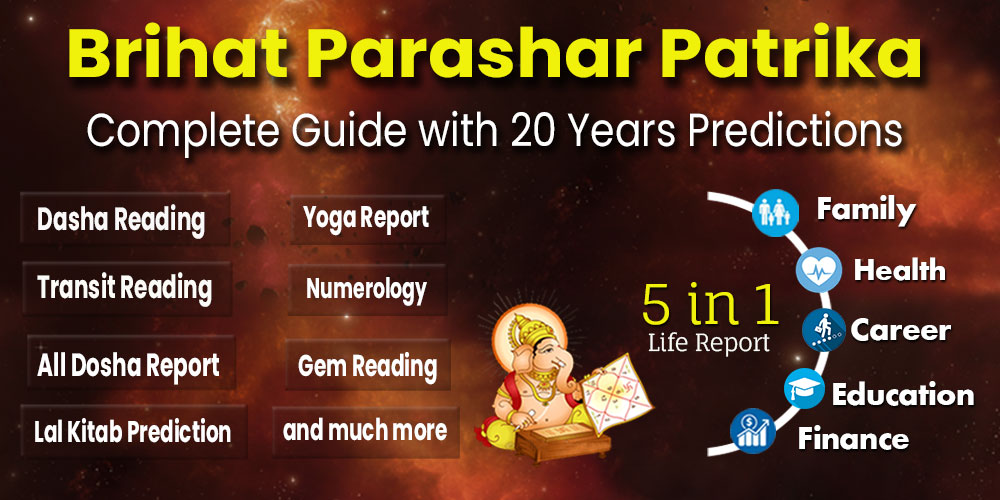Significance
The occurrence of Shashti during the Malayalam month of Thulam (October-November) is considered of great importance and celebrated as Skanda Shashti. Devotees organise Bhajan and Kirtan programs on a grand scale. Several devotees of Muruga observe partial or full fast on each Sashti day and throughout the Skanda Sashti period. Sashti is the day that Lord Subramanya defeated the demon Soorapadman. When devas could not tolerate the evil doings of this demon, they approached the younger son of Lord Shiva and Parvati for his assistance. He fought Soorapadman for six days, at the end of which the Lord vanquished the asura. He threw his weapon at him and split Soorapadman into two halves. One half became a peacock, which he took as his Vahana. The other became a rooster and was transformed into his banner.
The devas rejoiced—they praised the Lord and prayed to him for six days. Devotees usually narrate the Skanda Sashti Kavacham during this period. Whoever fasts and prays to Lord Muruga for the six days of Skanda Sashti is believed to receive Muruga's blessings. Those who are unable to fast all day are permitted to eat once per day during this period.
History
The Story of Skanda Shasti is the story of the birth of Skanda or Kumara and the fulfillment of the purpose of His divine incarnation. "Tormented by the asura (demon/anti God) Tarakasura, the devas with Indra at their head went to the world of the self born the creator” (Kumara Sambhava) The creator said " only the spark of Shiva can produce the hero who will defeat the powers of the evil" Unfortunately, Shiva The king of yogis was lost in a deep state of meditation and samadhi. None of the Devas dared to disturb him... least of all convince him to create a progeny.
Upon Brahma's suggestion, they sought the help of Parvathi and Kama (the god of love). Parvathi agreed to help and engaged herself in severe penance to attract Shiva's attention. Kama also agreed to help and engaged himself in the suicidal mission of arousing Shiva from His state of Samadhi. Kama shot his arrows of love at Shiva who was eventually disturbed and the fire of anger from his third eye burnt Kama into ashes.
The penance of Parvathi and the sacrifice of Kama paid off. Shiva was aroused from his Samadhi. However, none could bear the sparks of His fiery seed. It fell into the mouth of Agni, and afterwards received by Ganges, who in turn threw it into Sara Vana (forest of arrow like grass). Thus Saravanabava was born. He was also Skanda - Shiva's power of chastity preserved through penance. Skanda was raised by the six mothers of the divine constellation of Krithikai (pleiades). Karthikeya divided himself into six babies to be nursed by six mothers. When Parvathi came and gathered all the six babies, He became Shanmukha - the one with the six faces and one body.
Shanmukha became Kumara - the powerful virile adolescent who was also the beautiful and the handsome (Muruga). He was made the general (Deva Senapathi) of the God's army. "....Of the army generals I am Skanda."... (The Gita). Skanda received from his mother Parasakthi an all powerful Vel (lance). Hence He is also Sakthi Velan. He engaged the armies of Simhamukha, Surapadman and Tarakasura on a six day battle and vanquished all of them on the sixth day. The Asuras were annihilated and the Devas were liberated. The sixth day (Sashti) of the waxing moon ( sukhla) in the month of Ashada (Oct/Nov) is celebrated as Skandha Sashti.
Indra was restored to his kingdom and gave his daughter Deivayanai or Devasena marriage to Skanda. In order not to discriminate between the rich and the poor, Muruga also married Valli the gypsy damsel.
How to Celebrate
Corresponding to the six days of the war over the evil forces, devotees undertake fasts, prayers and devotional singing to Lord Muruga. Most of the devotees stay in the temples during these six days. In Tiruchendur and Tiruparankundram events leading to the conquest of the Asuras are dramatized and enacted. Offering of Kavadi on Skanda Sashti is a form of popular worship.
According to Swami Sivananda “the Lord spent His childhood in Tiruchendur and took Mahasamadhi at Kathirgamam. If anyone goes to Kathirgamam (Sri Lanka) with faith, devotion and piety, and stays in the temple for two or three days, the Lord Himself grants His vision to the devotee."
